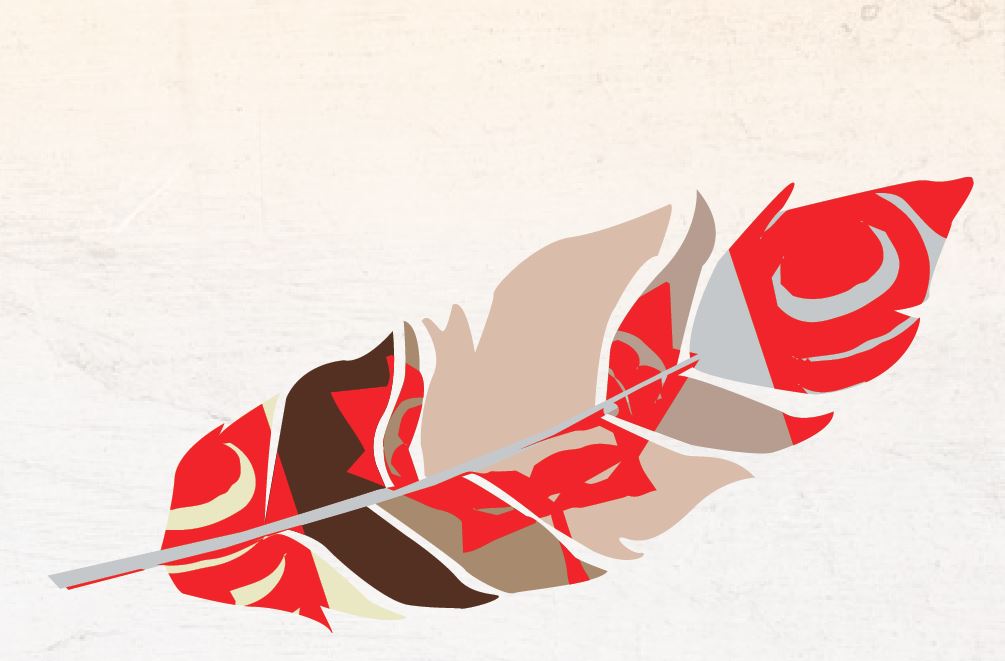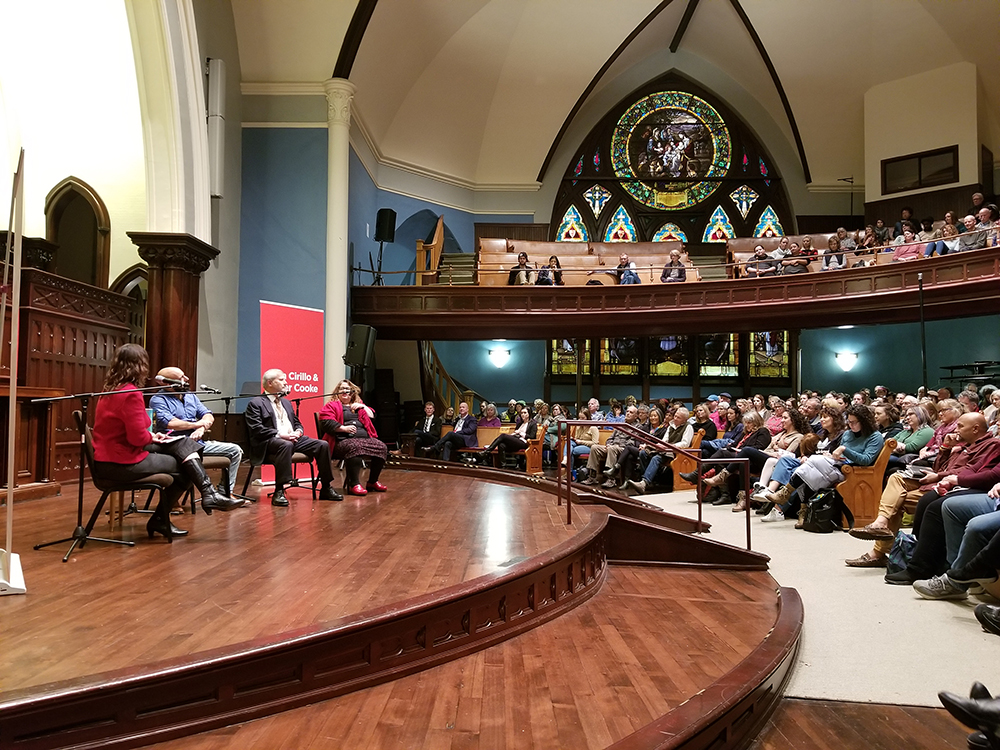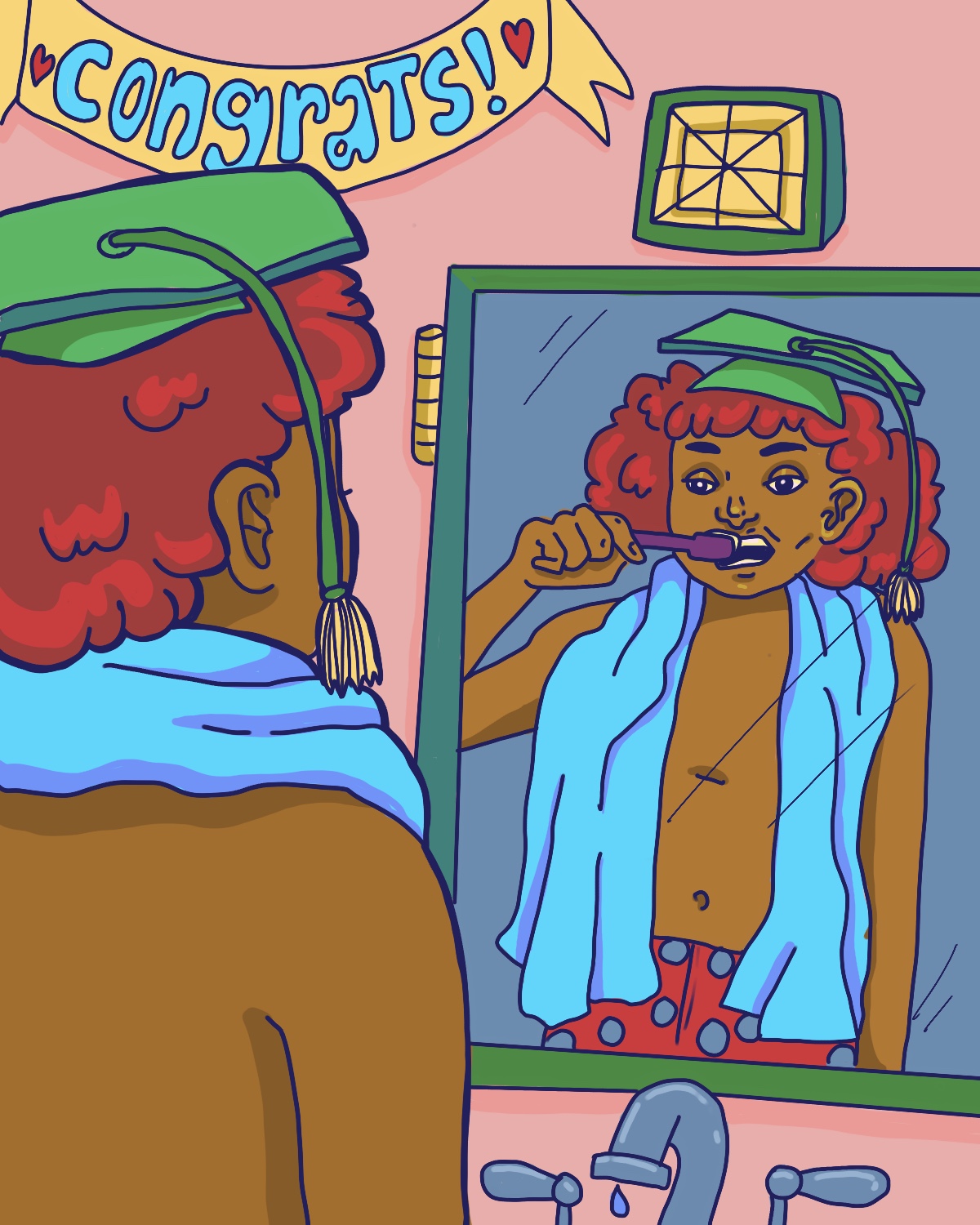On August 9, 2016, Colten Boushie went to the river with friends. They swam and drank together, enjoying the heat of the late summer on the prairies of Saskatchewan. On the way home, Boushie fell asleep in the back of the SUV owned by friend Eric Meechance. He would wake up to gunshots. After a tire popped, Meechance had pulled into the driveway of the Stanley family. Upon doing so, Meechance came out of the vehicle and began to check out the many vehicles parked on the farm, admittedly to attempt theft. After hopping on an ATV and turning it on, Gerald Stanley and his son Sheldon came running. Stanley kicked the taillight of the SUV, while his son hit the windshield with a hammer. Cassidy Cross-Whitstone, one of Boushie’s friends, attempted to drive the SUV out of the driveway, but could not see through the now-cracked windshield. At this point, Stanley goes into his shop and grabs a handgun. He fires. Cross-Whitstone runs from the vehicle. Boushie, now awake, climbs into the front seat with a rifle and attempts to drive off. He never does. Stanley reaches through the window, turns off the vehicle and shoots Boushie in the back of the head. He was 22 years old.
This is where nîpawistamâsowin: We Will Stand Up comes in. The trial surrounding the murder of Boushie was one of the most controversial in Canadian history. It became a political event: white farmers on the one side, the indigenous community on the other. Boushie and his friends belong to the Cree Red Pheasant First Nation. Boushie’s family and their community were devastated and baffled by the response to the death of one of their own. According to Boushie’s sister Jade Tootoosis, the family was bombarded with racist comments and threats, specifically from the white farming community. The film problematizes how the media and the courts handled the issue of race. It was consistently ignored as a potential factor in the shooting, despite persistent stereotypes regarding the native peoples of Canada that may have colored how Stanley handled the situation. Even coming from an American perspective, this is an all-too-familiar narrative in which (spoiler) the white guy is let go and the family of the victim is left with no sense of justice.
Filmmaker Tasha Hubbard weaves in multiple story threads to create one intricate story. Not only does she follow the Boushie family as they navigate the trial and its aftermath, she includes her own family and tribal history as well. She creates an overwhelming picture of a people that have been disregarded by the colonists who took over their land. Hubbard emphasizes the need to create a better world for her children, one that will treat them better than it treated Boushie. She also brings up a necessary conversation about property vs. humanity; a conversation particularly poignant when considered through the eyes of native peoples who have had their land stolen from them.
It’s a tragic situation, but she and Boushie’s family are able to find hope. Particularly stunning is Tootoosis, a once-quiet older sister who has become an activist for indigenous Canadians. She steals each scene she’s in with her eloquent and passionate pleas for understanding. She’s not the only interesting character here, though. Boushie’s mother talks about his childhood with such unbridled joy that it’s hard not to shed a tear when she reminisces about his “Harry Potter glasses” and love of reading. The moments with Hubbard’s son and nephew are particularly touching given how gentle and intelligent they are, even when faced with difficult topics.
At the center is, of course, Boushie. He is felt in every moment of the film, his family’s love for him driving them down an unexpected path. Despite it being about racial politics and law reform at its core, nîpawistamâsowin is a beautiful tribute to a happy, introverted boy who was clearly the pride of his family. His hope is their hope and, now, ours. Hubbard has done the difficult balancing act of taking a political stance while paying proper tribute to a lost life. The result is a documentary that is as emotionally resonant as it is relentless and enlightening.
nîpawistamâsowin: We Will Stand Up played at the 43rd Portland International Film Festival. Additional info and updates about the film and future screenings can be found at
mediaspace.nfb.ca/epk/we-will-stand-up/
main illustration by Haley Riley
This article has been updated with relevant information about the film, a fresh new illustration from our print edition, and with minor grammar corrections. Due to the spread of coronavirus many screenings for the film festival were cancelled to reduced the possibility of more people contracting COVID-19.
nîpawistamâsowin: We Will Stand Up plays at Cinema 21 Sunday, March 8 at 3 p.m. and Sunday, March 15 at 3 p.m.





